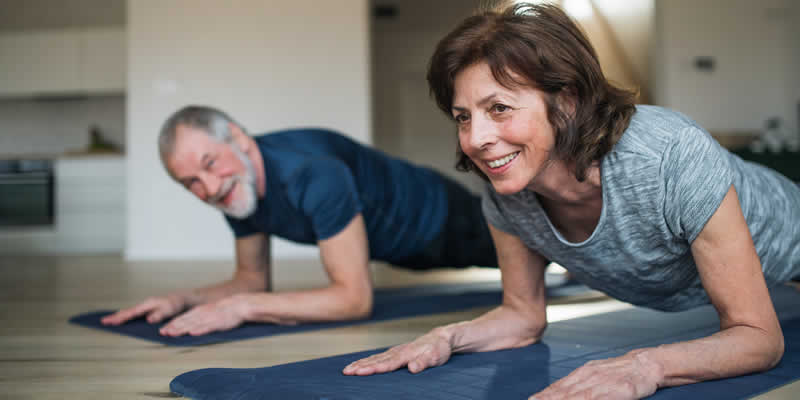Maintaining a strict exercise routine reduces the risk of developing high blood pressure and can lead to other more serious health conditions, researchers have said.
At the moment, guidance recommends adults should participate in a minimum of two-and-a-half hours of moderate intensity exercise each week.
However, a new study led by the University of California San Francisco (UCSF) Benioff Children’s Hospitals has shown that increasing activity levels to more than five hours over the course of the week could have a significant impact on health in later life.
- High blood pressure is being overlooked in women for menopause and stress
- Diabetes and high blood pressure ‘impairs the memory’
The 30-year trial involved 5,000 adults aged between 18 and 30 who were all asked to record their exercise habits, medical history, how much that drank and whether they smoked. In addition, the research team measured their blood pressure, cholesterol and weight.
Focussing on the 17.9 per cent of those who chose to work out for at least five hours a week in their youth had an 18 per cent lower risk of developing high blood pressure in later life. The risk was even lower among those who continued with their exercise regroup well into their 60s.
The participants were also grouped depending on their race and gender, which threw up some interesting results.
The findings suggested that black men were more active in their younger years when compared to their white, male counterparts. But, once they reached the age 60 their activity levels had dropped off.
Lead author Dr Jason Nagata, from the UCSF Division of Adolescent and Young Adult Medicine, said: “Although Black male youth may have high engagement in sports, socio-economic factors, neighbourhood environments, and work or family responsibilities may prevent continued engagement in physical activity through adulthood.”
Exercise levels increased and stabilised among white men once they reached their 40s and white women activity levels dipped in their thirties, but remained constant until they reached 60.
- High blood pressure screening
- Gestational diabetes and high blood pressure together increase type 2 diabetes risk
Senior author Kirsten Dr Bibbins-Domingo, also from the UCSF Department of Epidemiology and Biostatistics, added: “Results from randomised controlled trials and observational studies have shown that exercise lowers blood pressure, suggesting that it may be important to focus on exercise as a way to lower blood pressure in all adults as they approach middle age.
“Teenagers and those in their early twenties may be physically active but these patterns change with age. Our study suggests that maintaining physical activity during young adulthood, at higher levels than previously recommended, may be particularly important.”
The study findings have been published in the American Journal of Preventive Medicine.





